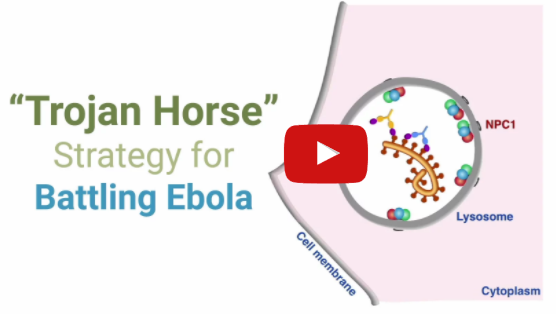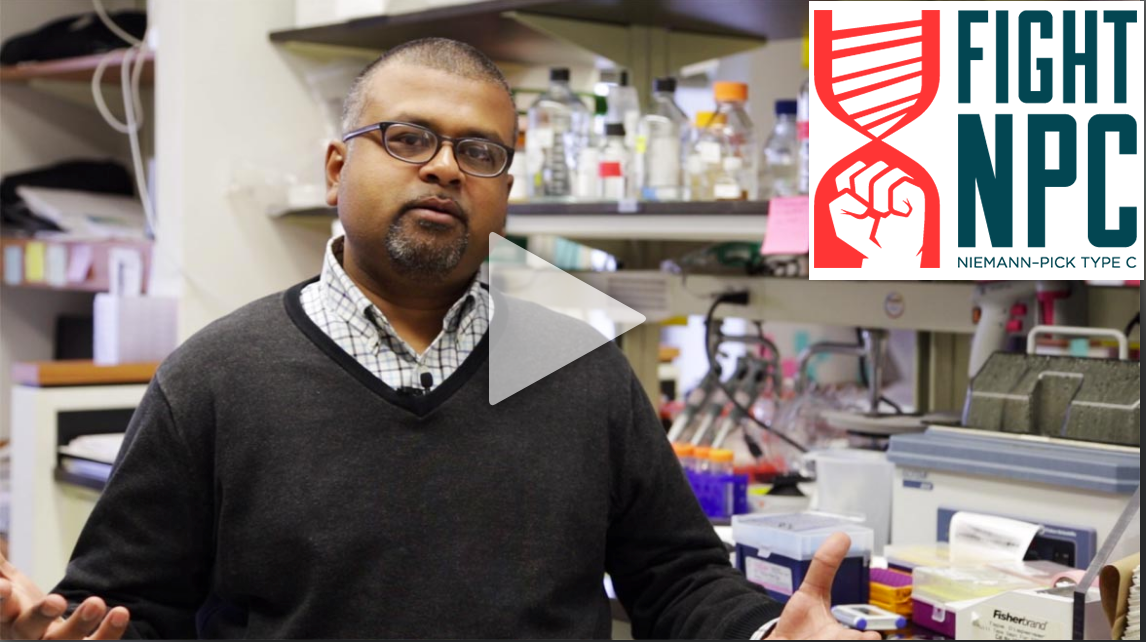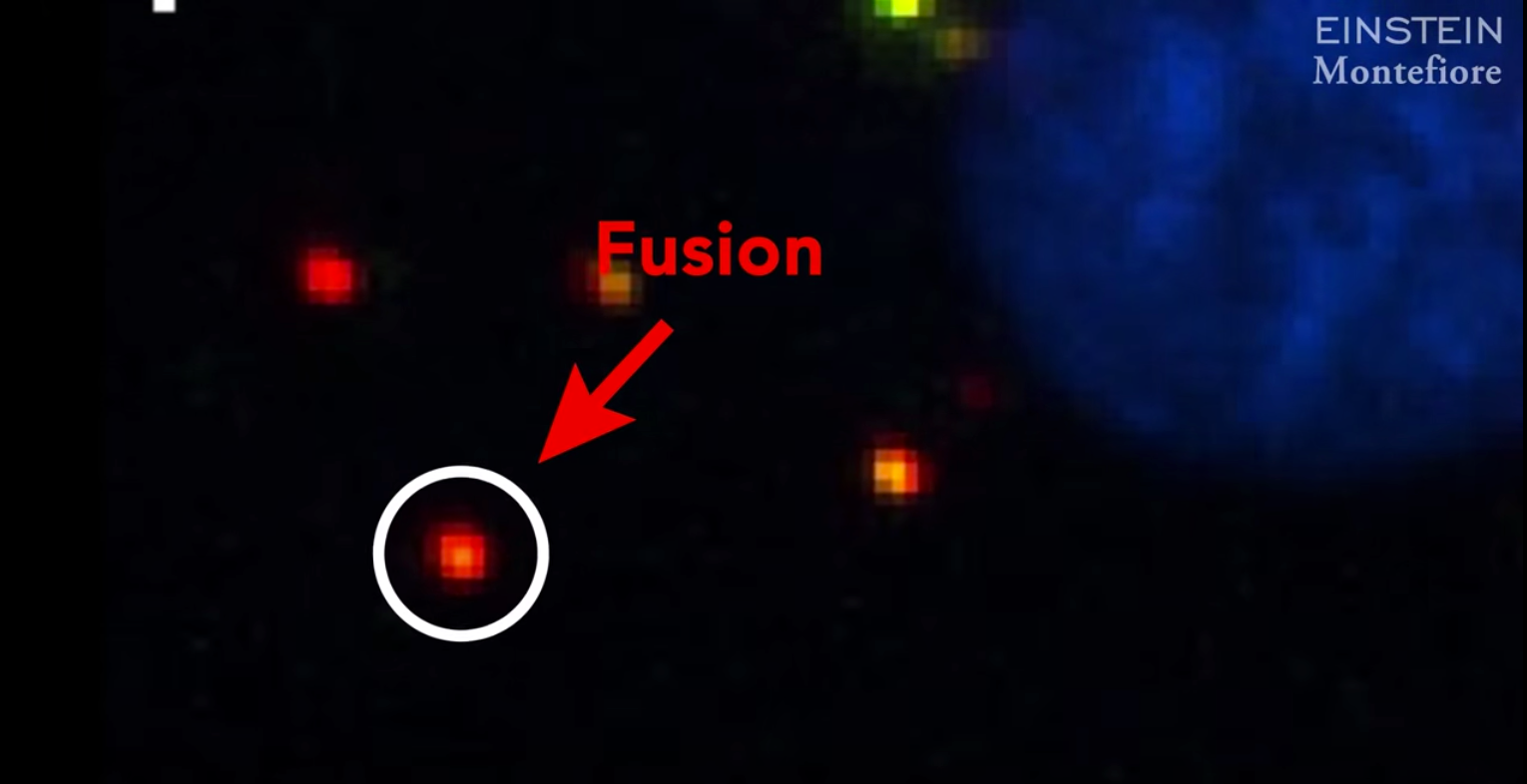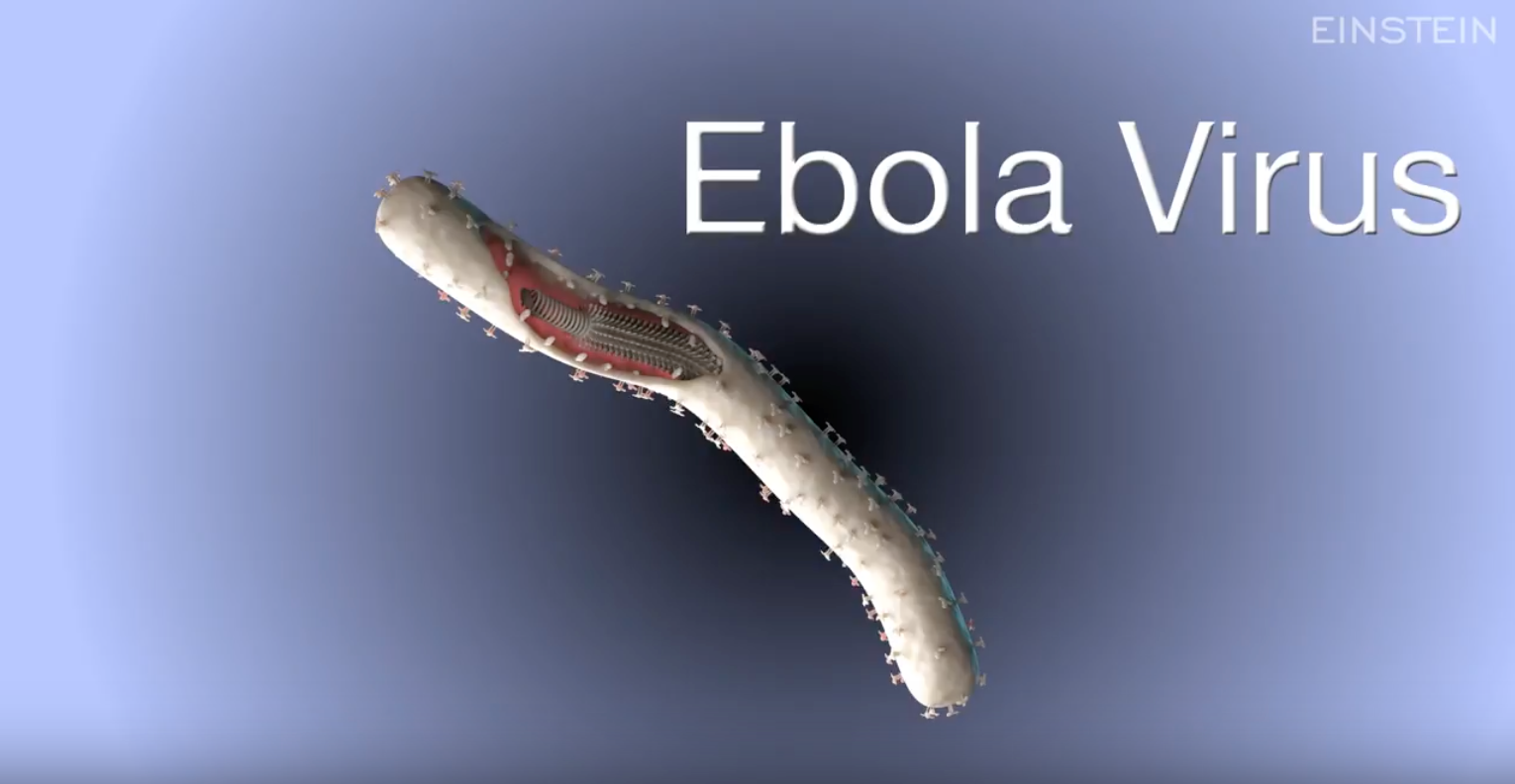Yellow Fever Vaccine’s Potency Against South American Viral Strains
/Read our paper in Cell Host & Microbe describing our work on the the human antibody response induced by the widely used yellow fever vaccine.
Yellow fever is a mosquito-borne viral infection with no known treatment that affects some 200,000 people each year in Africa and South America. The disease has been surging in recent years, including an epidemic in Brazil in 2017-19 that was the largest outbreak in 70 years. Current yellow fever vaccines are based on a virulent African strain of the virus and considered to be equally effective against all yellow fever variants, including the emerging Brazilian strain.
In this paper, we report that the yellow fever vaccine has reduced activity against the recent Brazilian strain. Similar to what we have seen with the COVID-19 variants of concern, we show that the Brazilian strain (and most other South American strains) have undergone key amino acid changes that make them less susceptible to vaccine-induced neutralization. Our research provides a roadmap to improve assessments of the antiviral antibody response in South American vaccines and for developing next-generation yellow fever vaccines.
Led by Denise Haslwanter in the lab (Team).
See the story here, and watch our appearance on This Week in Virology (TWiV) hosted by Dr. Vincent Racaniello to discuss this work.
























